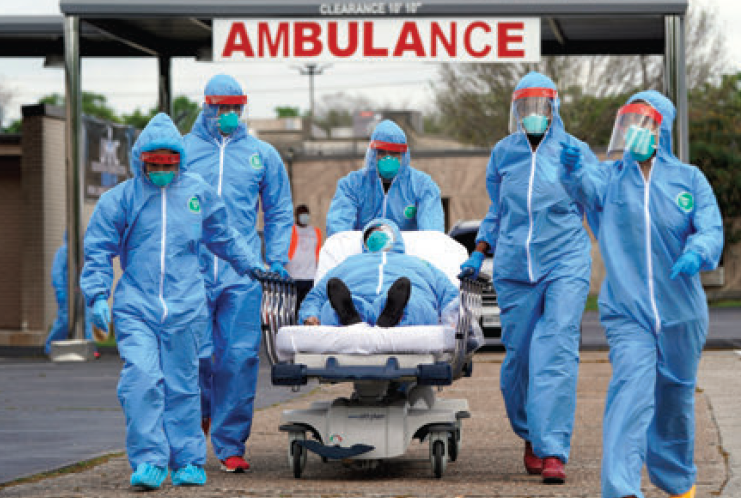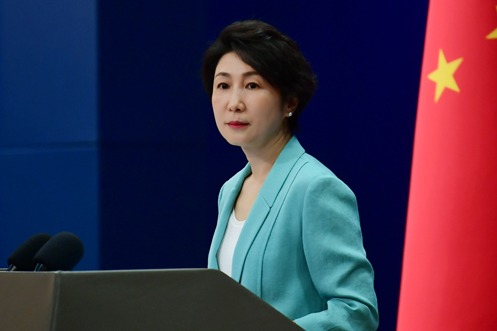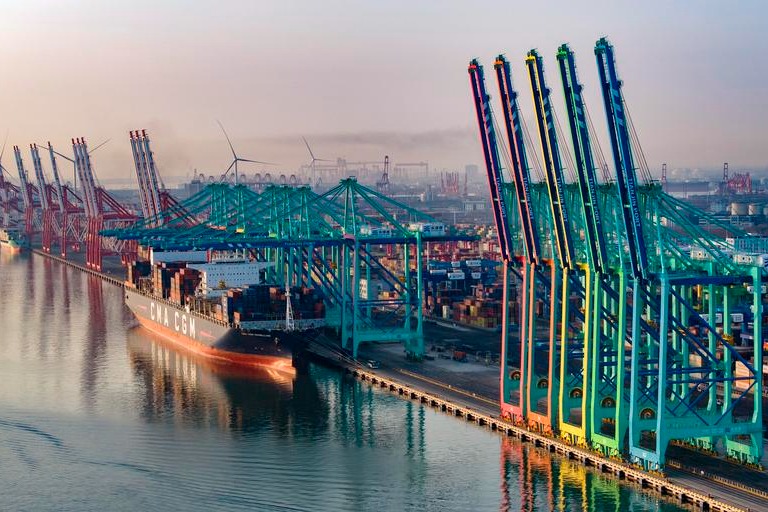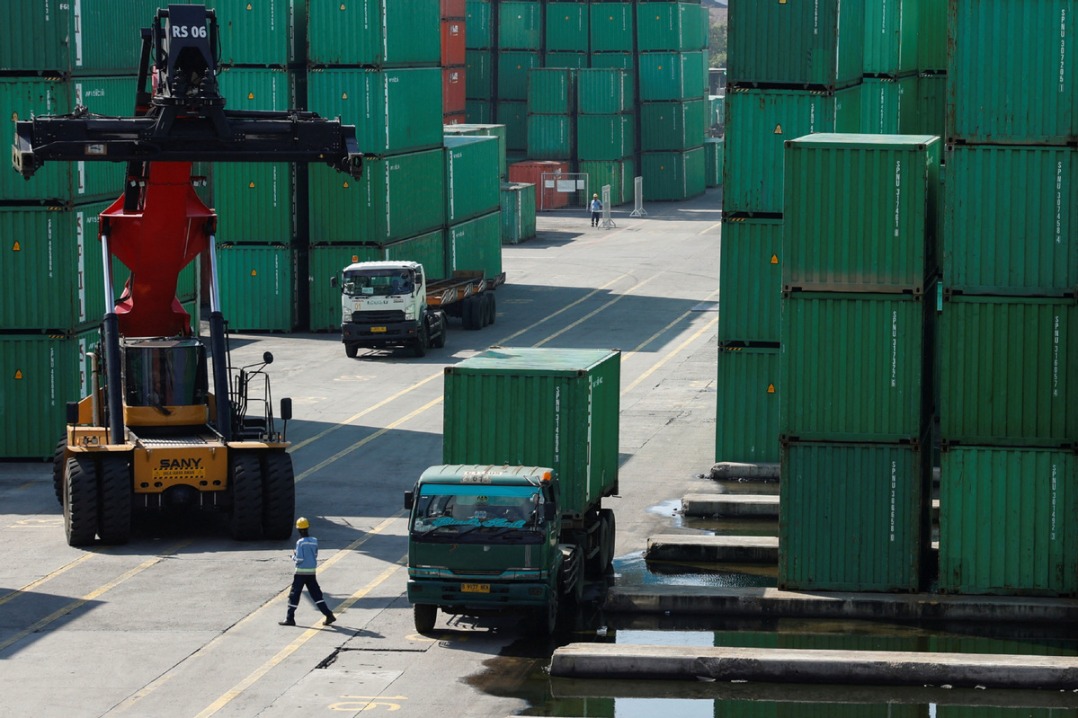US virus cases double as more tested


The number of coronavirus cases in the United States doubled Thursday to more than 11,800 as more testing was done, and Italy surpassed China for the most coronavirus-related deaths — more than 3,400.
In the US, news reports from across the country said hospitals and healthcare facilities were running out of supplies, and healthcare workers in some places are making their own safety equipment out of supplies from hardware stores.
"There's absolutely no way to protect myself," Dr Faezah A. Bux, an anesthesiologist in central Kentucky, told The New York Times. "Not only can I not protect myself, I can't protect my patients."
The number of deaths in the US rose to 157 across 22 states — including the first reported fatalities in Connecticut, Michigan, Missouri and Pennsylvania.
There were more than 11,238 confirmed cases, up from about 1,600 a week earlier, when there were 40 reported deaths. Some officials said the increase in the number of cases was caused by a dramatic increase in testing.
Data from the Centers of Disease Control and Prevention (CDC) shows younger adults are a large percentage of coronavirus hospitalizations in the US.
In Italy, the death toll hit 3,405 Thursday, an increase of 427 compared with Wednesday, according to Italy's Civil Protection Department.
The situation is so dire that health officials are seeking new ways to get more doctors in the field, ranging from calling recent retirees back to work to rushing as many as 10,000 soon-to-graduate students into low-leverage situations before they finish with exams as a way to free up more experienced doctors.
At a White House briefing Thursday, President Donald Trump said millions of masks were in production and that the federal government had made efforts to address the shortages. But he said it was largely up to state governors to deal with the problem.
"The federal governments aren't supposed to be out there buying vast amounts of items and then shipping," Trump said. "You know, we're not a shipping clerk."
He said there were no immediate plans to activate the Defense Production Act, which authorizes presidents to take extraordinary action to force American industry to ramp up production of equipment needed for national security.
"We hope we are not going to need it," he said.
The State Department told Americans not to travel overseas and advised those who are abroad to return to the US or make preparations to shelter in place.
Trump said Thursday that officials are looking to existing and new treatments that might slow the epidemic.
He told a news conference that the malaria drug chloroquine and the experimental antiviral drug remdesevir are being tested as possible COVID-19 therapies.
Chloroquine has been in use since 1944 to fight malaria and has antiviral effects. Researchers believe it may interfere with the coronavirus' ability to fuse to cell walls and infect them.
"It could have a very positive effect, or a positive effect, maybe not very, but maybe positive," Trump said. "It's very, very exciting."
But Food and Drug Administration Commissioner Stephen Hahn said it could take "three to six months" to develop new therapies to fight the coronavirus.
Republicans in the Senate on Thursday introduced the Trump administration's $1 trillion fiscal package — the Coronavirus Aid, Relief, and Economic Security Act — which includes direct cash payments of $1,200 payments to those earning up to $75,000 a year. Those earning $75,000 to $99,000 would get smaller amounts, and those earning more than $99,000 would get none.
The proposed legislation would make hundreds of billions of dollars in loans available to big corporations and small businesses, provide large corporate tax cuts and impose limits on a paid-leave program enacted this week to respond to the coronavirus crisis.
The proposal is likely to face opposition from Democrats, who have their own plans and have pushed for more generous paid-leave benefits.
The coronavirus has triggered a surge in layoffs, the Labor Department reported Thursday. A stimulus bill that Trump signed into law Wednesday provides $1 billion in emergency grants to states for unemployment insurance.
In Italy, with so many deaths, some morgues in the hard-hit northern city of Milan are stretched beyond capacity.
The country, with 60 million people nationwide, is under a lockdown. Italians are allowed outside their residences only for such essential activities as going to the grocery or pharmacy — even funerals are prohibited. Police and the military are roaming streets on the lookout for people breaking the quarantine.































